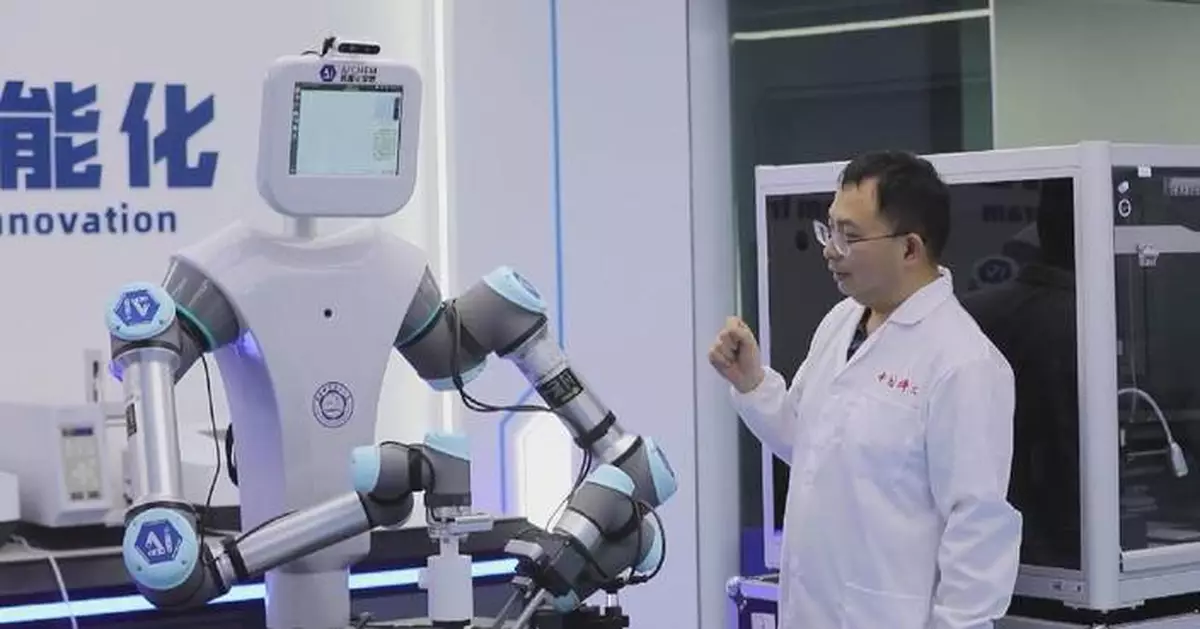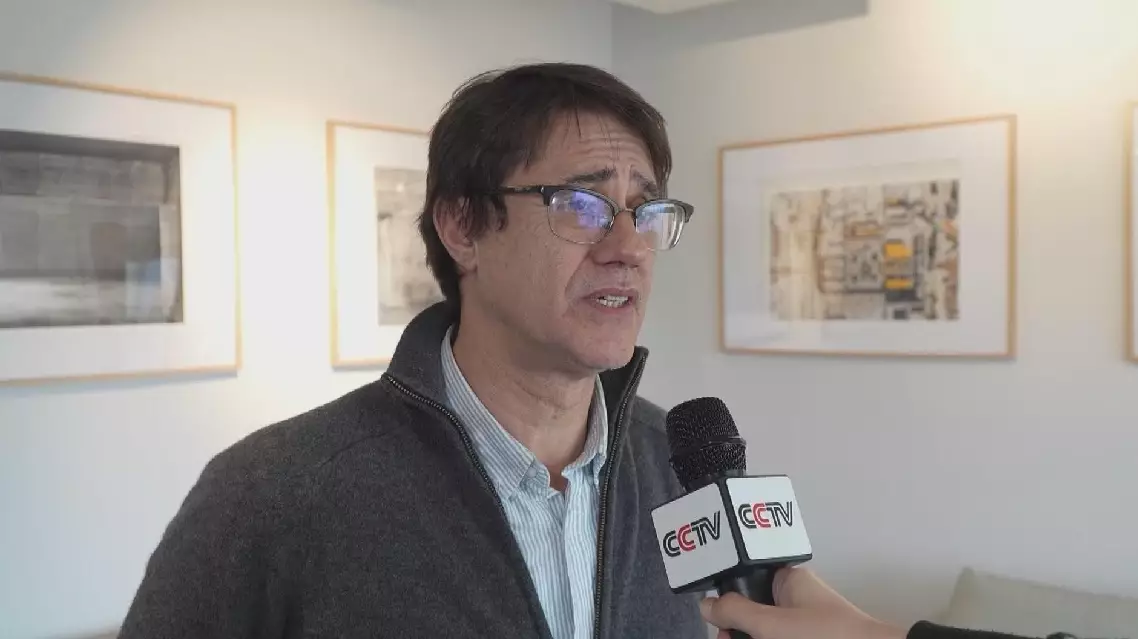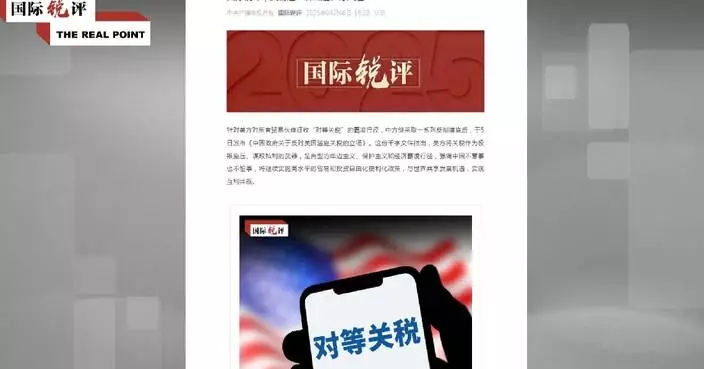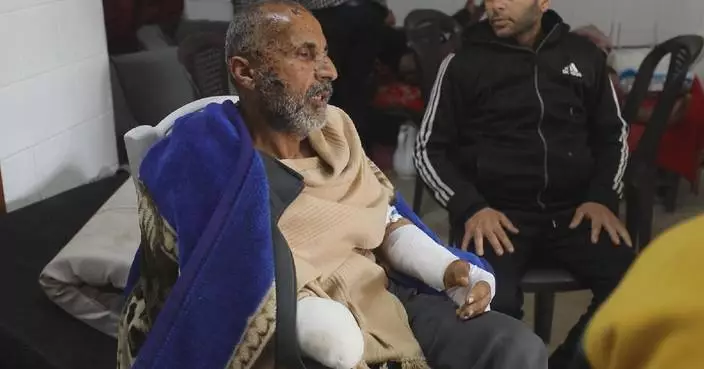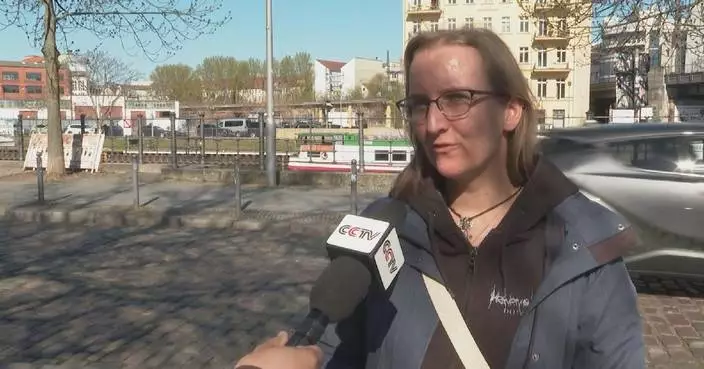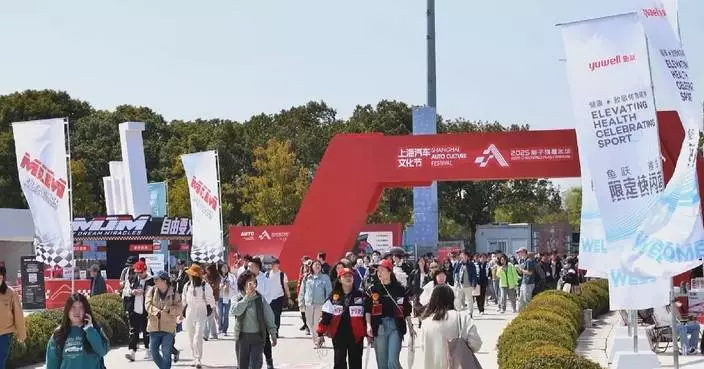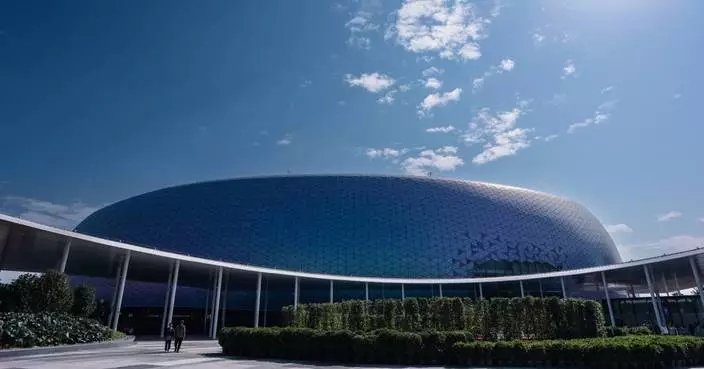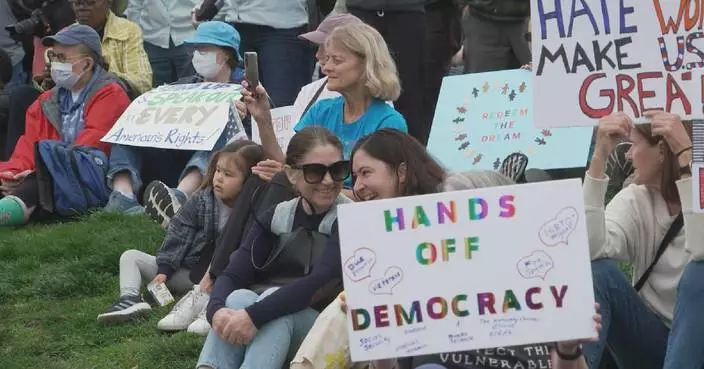Top colleges in China have been seeking cooperation with companies in the humanoid robot industry to jointly develop products and turn their academic achievements into value.
A team at Huazhong University of Science and Technology (HUST), led by Chen Xuedong, an academician of the Chinese Academy of Sciences, is collaborating with a company to develop a humanoid robot with generative artificial intelligence (AI) for substation inspection, operation and maintenance.
The robot under development is 1.8m tall, weighs 80kg, has a battery life of 2 hours and a load capacity of 40kg for both arms.
Yuan Fang, an AI system engineer with Wuhan Glory Road Intelligent Technology, the co-developer, said these detailed indicators are designed to meet the market needs in the electric power industry.
"We developed such indicators because there is a practical need for power grid operation. We develop our robots according to these indicators to simulate the actual conditions of live-line working, as well as inspection, operation and maintenance. We want to make sure that once the robot is successfully commissioned, it can be used in this scenario," he said.
Such collaboration benefits from the university's program to expand cooperation with leading companies. HUST has also established more than 200 joint research institutes, innovation centers and joint laboratories.
"Taking the field of humanoid robots as an example, the school combed through our innovation map in this regard and achieved some results, which were then posted on our WeChat account. When entrepreneurs see the results, they will follow us if they are interested in them, thus promoting the transfer and application of the research fruits," said Lin Lei, vice president of the university's research development office.
"Our graduate students are in fact working with corporate engineers and are at the forefront of applications. We all emphasize the need for maximum integration with the needs of practical applications," said Luo Xin, a professor at the university's School of Mechanical Science and Engineering.
In June, the University of Science and Technology of China (USTC) established the Institute of Humanoid Robots for cooperative research and development with enterprises.
The university, located in east China's Hefei city, also introduced an open competition mechanism to select the best candidates to lead research projects.
"Maybe in the past, people did things like 'you made a hand, I made a brain, and I made a leg,' while now we are able to pool all resources to accomplish a big task," said Wang Liu, a professor at the university's School of Engineering Sciences.
"Focusing on some key technologies and difficult problems related to humanoid robots, and through open bidding to select the best candidates, we have combined the strength of the whole university and united the enterprises with relevant advantages to connect the whole chain from basic research to industrial application," said Zhang Shiwu, vice president of the university's Humanoid Robot Research Institute.
The university has also reformed its funding policy by allowing individuals in its research teams to participate in companies and transfer their research results, increasing the speed at which new technologies are applied.
"If the school wanted to get a stake in a company, it used to have to go through a series of approval processes. Now, it works like giving rights to individual faculties and they only need to report to the school for a record, so we can respond quickly to the market. This actually simplifies the process while safeguarding the school's interests," said Zhang.
Zhongkebote Intelligent Technology is one of the companies piloting the reform on transfer of technology. It officially obtained the USTC's robot technology in 2022, and began to develop professional service robots.
"Because of this new model of technological empowerment, the company can work flexibly in the process of subsequent financing and business development. Although the company was founded only a year and a half ago, we have already completed the production and pilot application of the first-generation models of three products. The owners of the achievements are also more willing, more motivated to do such things. With their fruits being applied in real scenarios, they find their real values," said Yuan Huijun, the company's general manager.
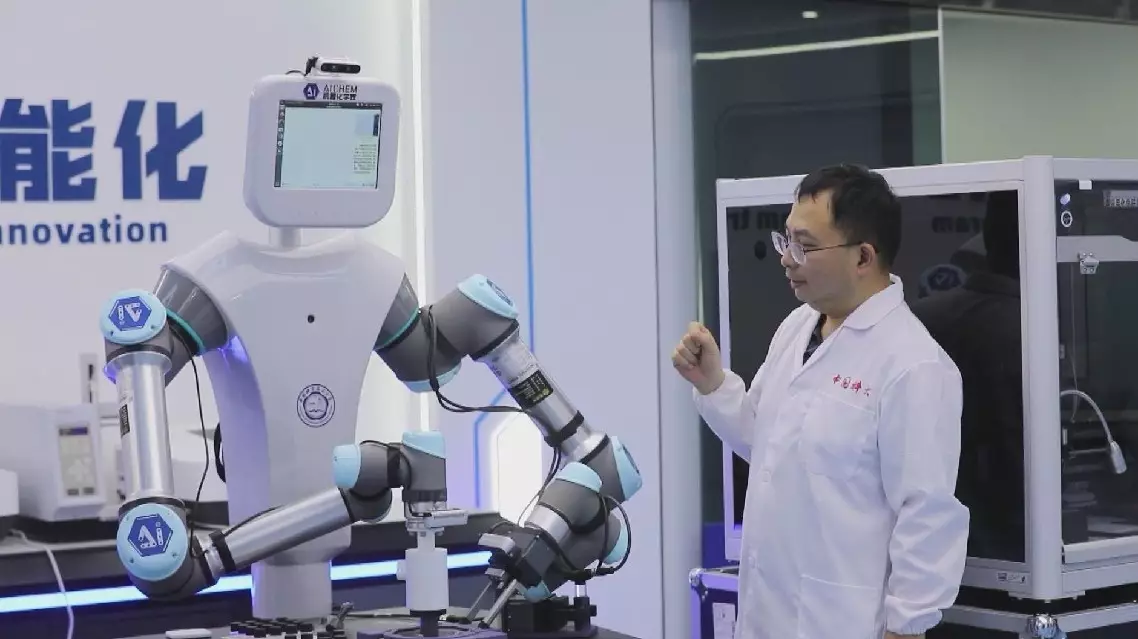
China's colleges join industry in developing humanoid robots


